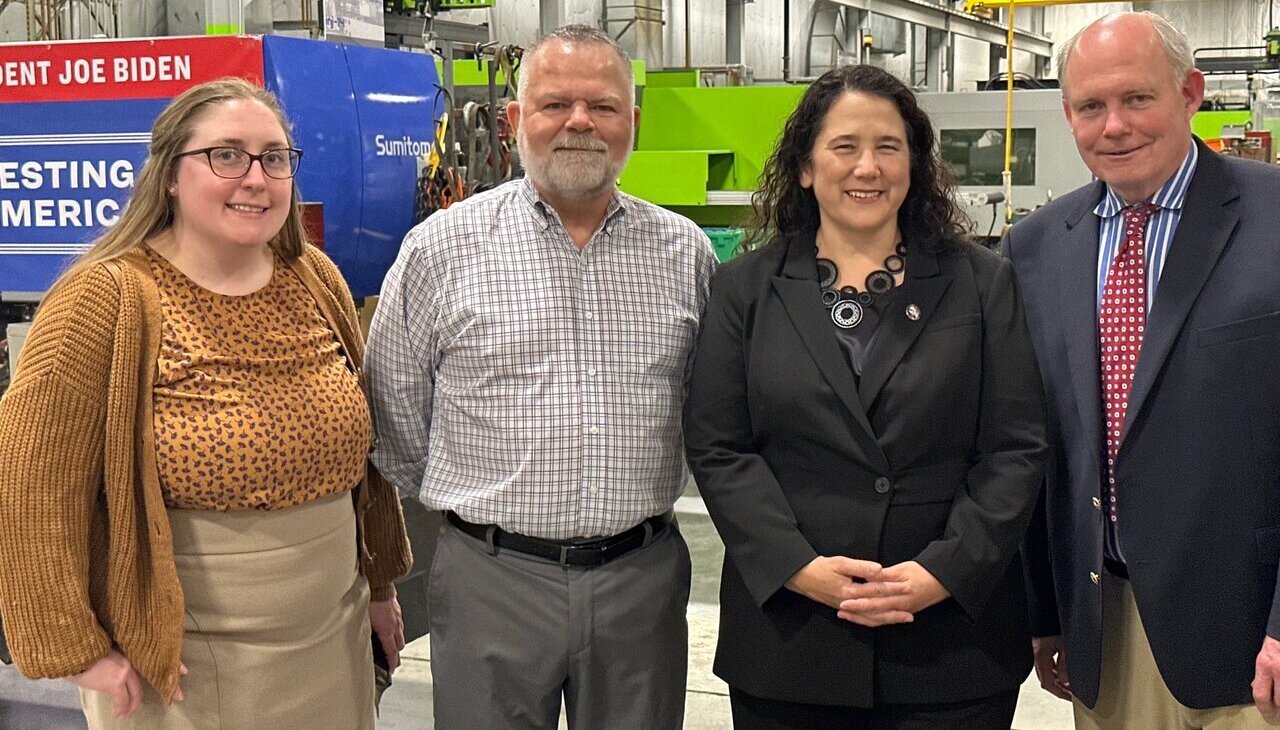
SBA announces new enhancements in loan program modernization
It seeks to expand access to capital for small businesses and increase protection against fraud.
Following the recent completion of two new rules, created with the purpose of closing the gaps in access to capital for small business owners in the United States, Isabel Casillas Guzmán, head of the Small Business Administration (SBA), recently presented simplified procedures for lenders, as well as other implementation details.
Casillas Guzmán stated through a statement:
The Biden-Harris Administration recognizes that small businesses are the drivers of our economy, and that to participate in the opportunities created by the President’s Invest in America agenda, that they need capital to start, grow, and be resilient.
New Rules
Building on the recently announced rules, the SBA also publicly laid out, for the first time, its plans to:
- Expedite eligibility determination for SBA-backed loans. To reduce the burden on SBA lenders and streamline operations, SBA will bring eligibility determination of SBA loans internally through new technology beginning August 1, 2023.
- Add a new fraud review on all loans. Building on President Biden's commitment to stamp out fraud, the SBA will use advanced data analytics, third-party fact checks, and artificial intelligence tools for fraud review on all loans in the 7(a) and 504 prior to approval, effective August 1, 2023.
Through these actions, the SBA will be able to ensure that more lenders can focus on their customers and expand the ability to increase lending, especially small dollar loans.
To date, loan approval in these programs has largely been delegated to lenders, who approve loans based on SBA rules, but without the agency checking for indicators of fraud up front.
“The ongoing modernization of SBA’s loan programs will help ensure more borrowers can get funded through a broader network of lenders so they can help build a strengthened American economy that innovates, manufactures and provides the products and services that make our lives better across Main Street,” added Casillas Guzmán.
More Updates
This week, as part of a new Standard Operating Procedure (SOP), the SBA released new, simplified guidelines for lenders on how to make SBA loans.
Under the new rules, SBA lenders will now be able to use their existing credit policies for similarly sized non-SBA loans of up to $500,000, expanding the number of creditworthy business owners who can access SBA loans, especially small loans.
The ongoing modernization of @SBAgov's loan programs will help ensure more borrowers can get funded through a broader network of lenders so they can help build a strengthened American economy that innovates, manufactures, and provides the products and services that improve lives.
— Isabel Guzman (@SBAIsabel) May 11, 2023
Meanwhile, new red tape-reducing procedures were introduced, as described in a Procedural Notice that eliminates the requirement for a Loan Authorization, a set of forms that has become duplicative and unnecessary for lenders.
RELATED CONTENT
“These new changes are an important step toward ensuring that more small business owners have the opportunity to grow and succeed,” said associate administrator Patrick Kelley.
Also, as part of an Information Notice, new details that simplify and clarify enrollment standards to ease the burden on small business owners and lenders were released, clarifying who qualifies for a loan from the Administration.
Other updates close to be released in the coming days, include a notice to accept new applications from lenders in the Small Business Lending Company (SBLC) program, which will allow the existing program to provide loans to a greater number of small businesses. The SBA will accept applications from June 1 through July 31.
The 7(a) and 504 loan programs are the most popular loan programs offered by the SBA. The 7(a) Loan Program provides flexible financing options for a variety of business purposes, including capital and equipment purchases.
The 504 Loan Program allows small businesses to finance fixed assets like real estate, as well as equipment. Both programs are designed to meet the needs of small business owners for low-cost, long-term capital.
In fiscal year 2022, the two programs provided a combined capital of $35 billion to 57,000 American small businesses.
“Building on controls deployed under the Biden-Harris Administration, SBA will safeguard taxpayer dollars, protect the integrity of our programs, and simplify the application process for both lenders and small business owners – a win-win for everyone,” concluded Kelley.











LEAVE A COMMENT: